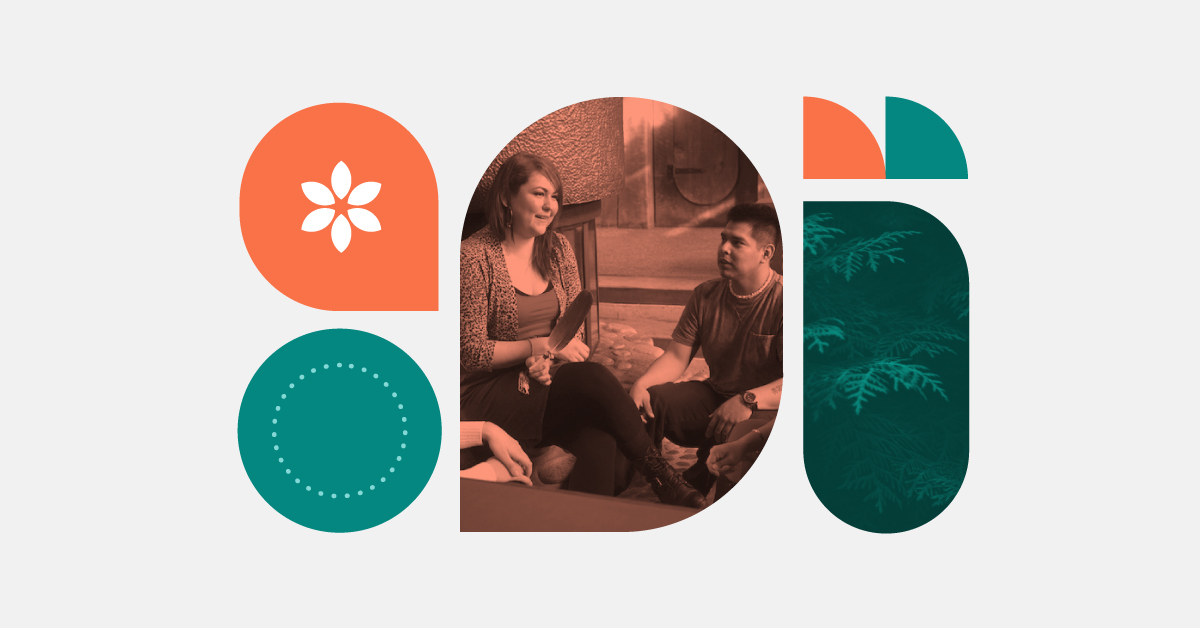As we mark the National Day for Truth and Reconciliation on September 30, we remember the children who never returned home and honour the Survivors, their families, and communities. This day is a powerful reminder of the painful legacy of residential schools and the undeniable need for meaningful, sustained change.
Reconciliation isn’t just talk; it demands action. As educators, that means both removing barriers for Indigenous students and recognizing and valuing Indigenous Knowledge and practices by meaningfully embedding them into college and institute curriculum, pedagogy, and research. It’s about more than just inclusion—it’s about embracing the transformative power of Indigenous Knowledge to drive innovation and address Canada’s biggest challenges.
- On the blog: Explore recent examples of how colleges are collaborating with Indigenous communities on challenge-driven research here.
Looking ahead, CICan is focused on amplifying Indigenous voices and leadership to advance Indigenous Knowledge, perspectives, and practices throughout the college and institute sector. This commitment is integral to our Roadmap to 2026 where reconciliation stands out as a core value shaping our actions, including:
- Working with Indigenous-led member institutions to advance their specific goals for leadership, capacity and partnership development to meet community needs;
- Advocating for increased federal support for Indigenous students and research; and
- Deepening our relationships with National Indigenous Organizations to support their goals for enhanced outcomes for college and institute students.
Ultimately, our sector’s renewed commitment to reconciliation will take form in a refreshed Indigenous Education Protocol.
10 Years In: A Renewed Indigenous Education Protocol
Since 2014, our Indigenous Education Protocol has served as a guiding framework to improve educational outcomes for Indigenous learners and help our member institutions support their Indigenous students. This goes beyond programs to also involve governance frameworks, mutual respect, and accountability. To date, 72 CICan member institutions have signed the Protocol.
- On the blog: Learn about the dynamic landscape of Indigenous postsecondary education in Canada—a realm of resilience, progress, and ongoing challenges – here.
This year, coinciding with its 10-year anniversary, CICan is taking action to reassess and refresh the Protocol. Working in a co-creative approach with Indigenous advisors, partners, and members, this renewal will ensure the protocol can continue to meet the evolving needs and aspirations of Indigenous communities, engage even more colleges and institutes, and spark transformative change across our sector.
- Did you know? With over 86% of Indigenous people residing within 50km of a college campus, colleges and institutes are the primary providers of post-secondary education for Indigenous learners. We offer over 300 credential programs designed to meet their unique needs and support their communities.
Take Part: Reconciliation as a Shared Journey
Reconciliation is a journey we must take together. From October 27-29, 2024, CICan, in partnership with the Indigenous Institutes Consortium (IIC), will host the National Indigenous Education Symposium. Set on the ancestral lands of the Mi’kmaq people, this event will unite postsecondary leaders from across the country to explore how Indigenous education can drive solutions to Canada’s biggest challenges. It’s also a time to celebrate the 30th anniversary of the IIC and kick off the renewal of the CICan Indigenous Education Protocol, which marks its 10th anniversary this year.
Join us in this discussion – learn more and register here.

